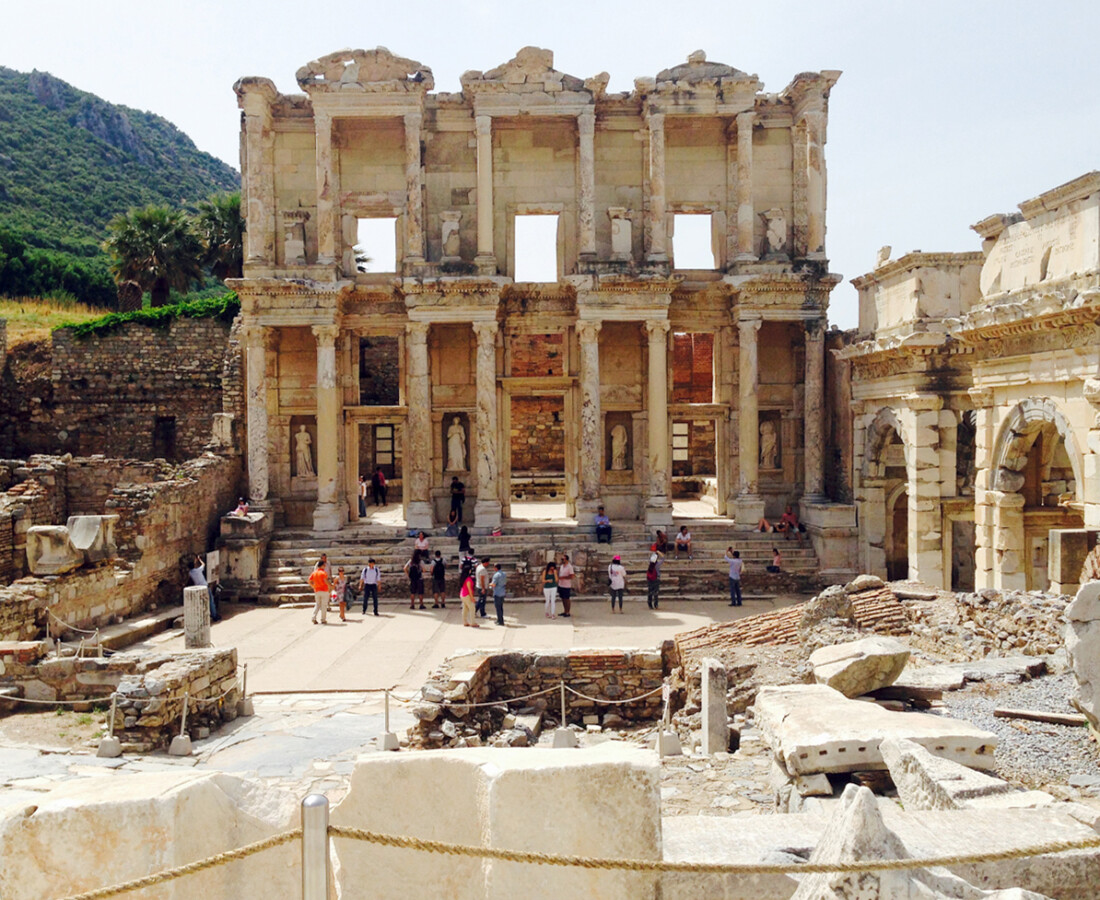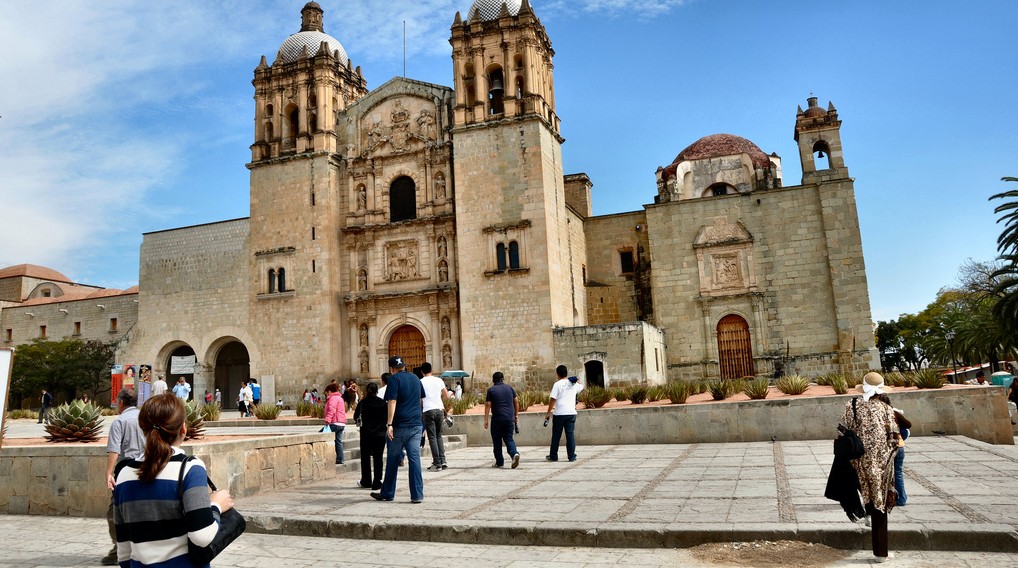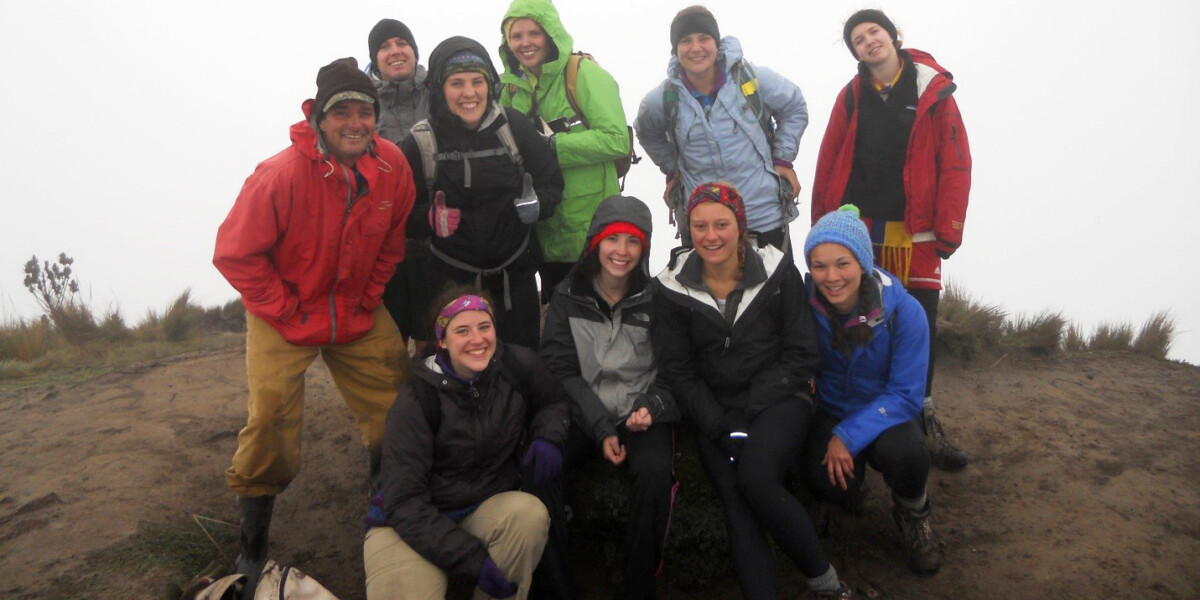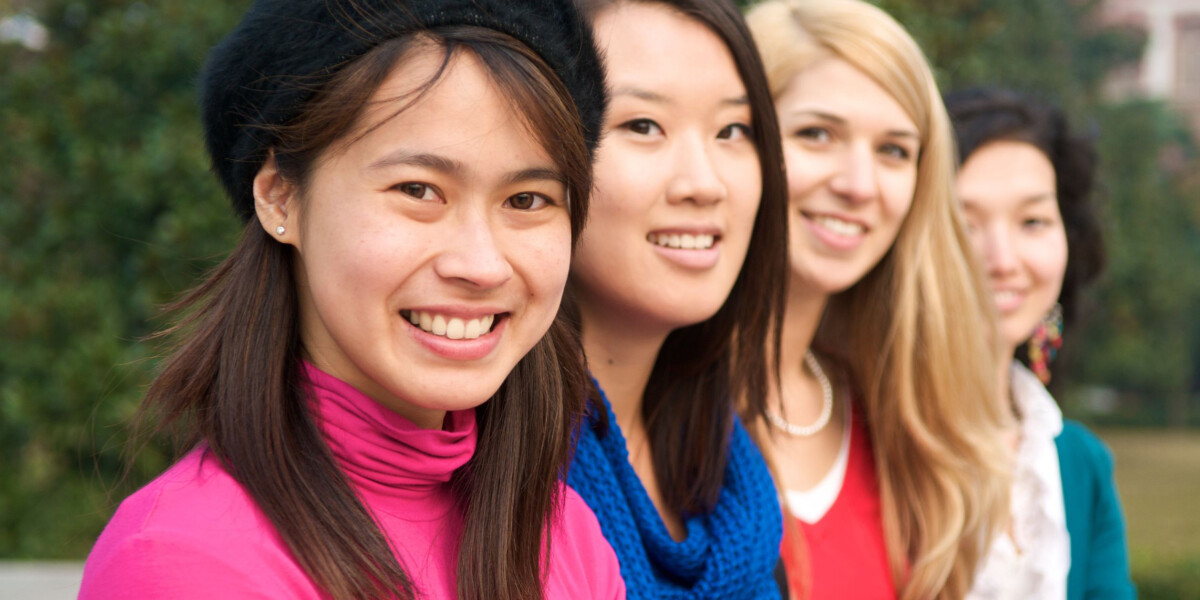By Natalie Neuert
The spice market in Istanbul was getting to me, and not in a good way. Too many charming vendors trying to lure me into their stalls to buy things I didn’t really want or need. It was a sensual overload: the smells of exotic spices, honey, nuts, fruits, the jostling crowds, the shouting (“lady…lady…come in, come in”), the riot of color, the heat. My jet-lagged head was spinning.
I scooted up an alley in the market, then down another alley, and suddenly it was much quieter. A bird market on my left was filled with men quietly chatting to songbirds. I saw what looked like bins of pet food, and then, at the very end, a boy of about 15 was minding a little tea (in Turkish, çay, pronounced “chai”) stall. He smiled at me, gestured to a tiny stool at the end of the alley, and brought me a brass tray with a glass of tea, a lump of sugar, and a piece of Turkish Delight.
Exploring the Culture of Turkey
I always divide travel experiences into two categories: experiencing things in other lands that exist for the tourist; and experiencing the things that exist for the people who live there.
One easy way to distinguish between these two is by price. The tourist experience is rightfully more expensive. People know we’ll pay more (after all, we’ve already paid to travel there), so they charge more. My glass of tea in the market cost the equivalent of around 30 cents, which is how I knew I was in a place for locals, not tourists. The boy vendor spoke no English, and I spoke no Turkish, but our transaction was relaxed and easy: both of us knew that people have been doing this very thing (buying a drink, taking a break from their itinerary) in this exact location for many centuries.
Traveling with OLLI
OLLI, the Osher Life Long Learning Institute at UVM, went to Turkey in May. I was thrilled to be a co-leader of the trip with OLLI Director Cathi-Cody Hudson and a group of 17 others. Many of my friends and acquaintances, upon hearing of our Turkey trip, were stunned that we would travel to such a geo-political hot spot. The truth is, it didn’t feel that way at all. Turkey felt safe, welcoming to Americans, a little rough around the edges in a good way, and a modern country with its ancient treasures accessible and open.
We saw things I’ve dreamed about: the Hagia Sofia and Blue Mosque, the Golden Horn and Galata Tower, Whirling Dervishes, the astoundingly preserved ancient city of Ephesus, one of the world’s earliest medical centers in Pergamon, (with its own drama therapy theater), and the Tuesday market in the town of Tire, where the recently deceased bequeath free freshly made doughnuts to market-goers as a celebration of their lives and incentive to come to their burial. Isn’t that a nice idea? We learned to bargain for prices that made both seller and buyer happy, and we ate such good food, including the eye-popping 70-item Turkish breakfast.

Small-group travel is fun because there are always interesting people to get to know and learn from, and OLLI travel is rewarding because we focus on education and intellectually curious themes. But travel is mostly an emotional experience for me, and this trip made me feel more alive, more connected to the past, and more engaged with others.
One reason for this is that I, a consummate multi-tasker, cannot multi-task when I’m traveling. For one thing, I don’t speak the language (a lousy excuse, I know; one should always learn at least a bit of the language where one is going, but Turkish is challenging, to say the least), and because of this, I can’t fall back on my verbal skills to communicate. I need to really look, listen, and experience things in order to understand them. Another reason this trip was such an immersive experience is that my use of technology was extremely limited: my phone was only for emergencies, and the Wi-Fi there was sketchy. Eventually, I just gave up trying and went techno free (very liberating, I might add).
I found that I was constantly asking myself engaging questions, both profound and mundane: “Why does a culture that grew from nomadic roots and trade serve their tea in glasses – surely the most breakable form of drinking vessel?” Or “Why doesn’t New York have feral cats like Istanbul (there are thousands, all fed and watered by shopkeepers); if they did, there wouldn’t be rat problem anymore.” Or “How did Galen, the ancient physician of Pergamon, know that patients need to be kept cool and entertained to get better?” Or, “Does anyone ever steal the shoes people leave on shelves outside the mosques?”

I came up with answers to all these questions, but I’ll let you imagine your own. Or better yet, go to Turkey, or another place that challenges your expectations, and come up with your own questions and answers. And maybe leave your cell phone and tablet at home.
I sat down and looked out into the courtyard of a mosque, hidden from the street, calm and beautiful in its tiled design. I sipped the tea, looked out at the mosque, and knew in that moment that travel is a wonderful thing.
Natalie Neuert is the director of the UVM Lane Series and a program developer for UVM Continuing and Distance Education.




